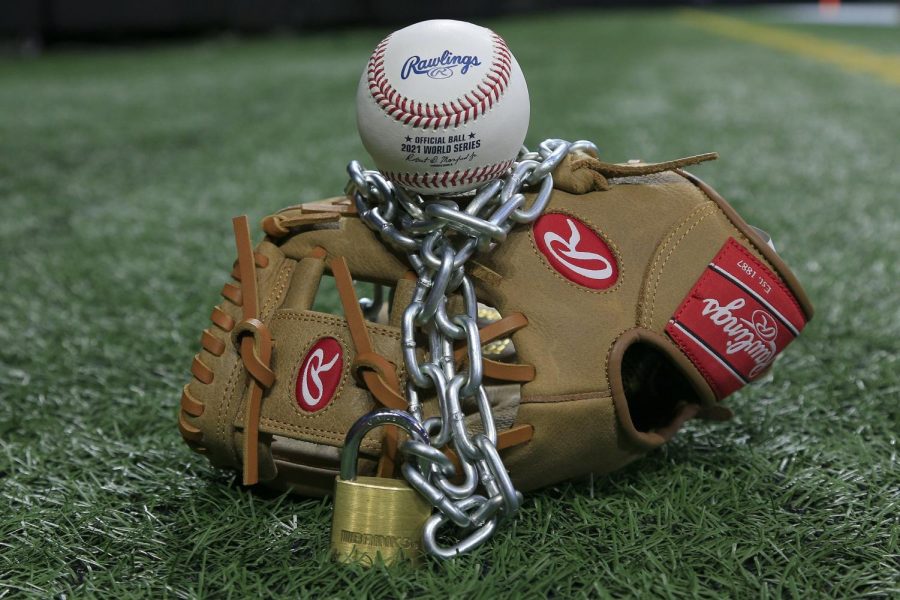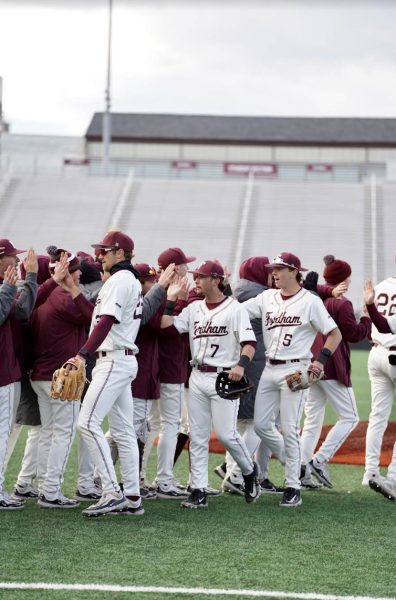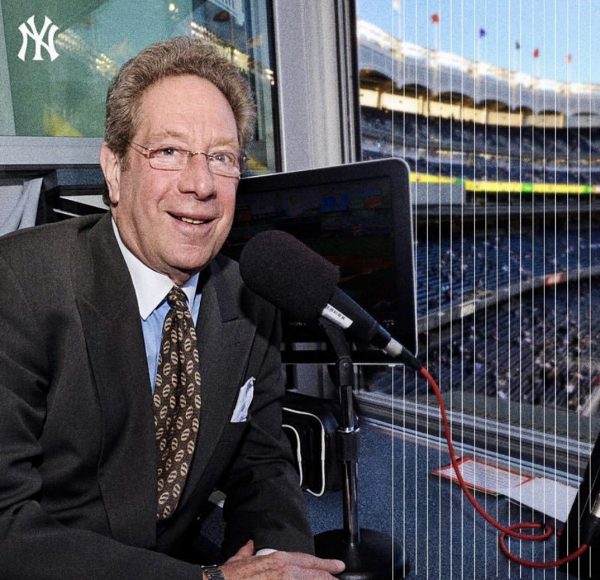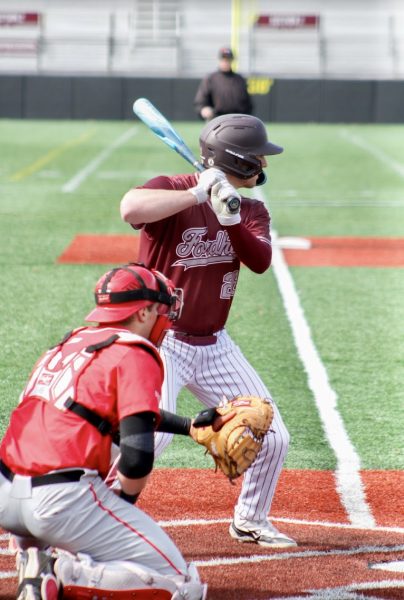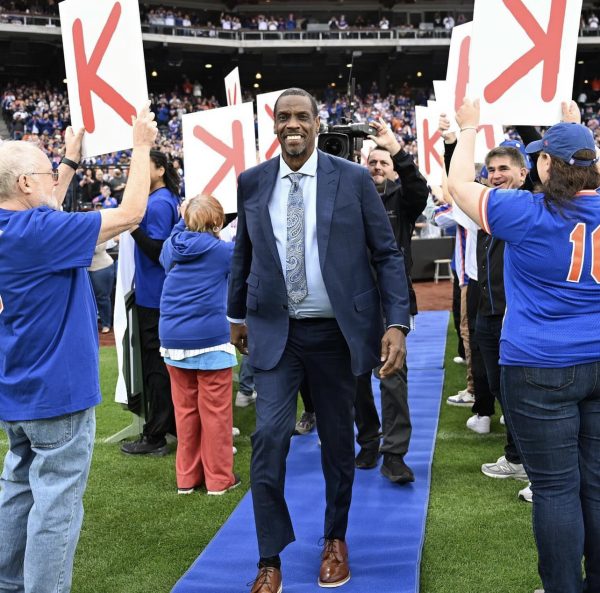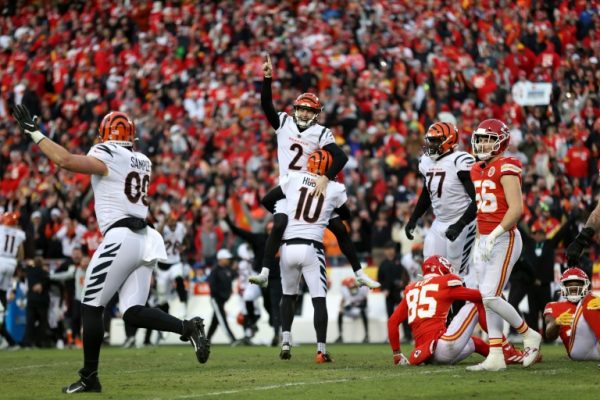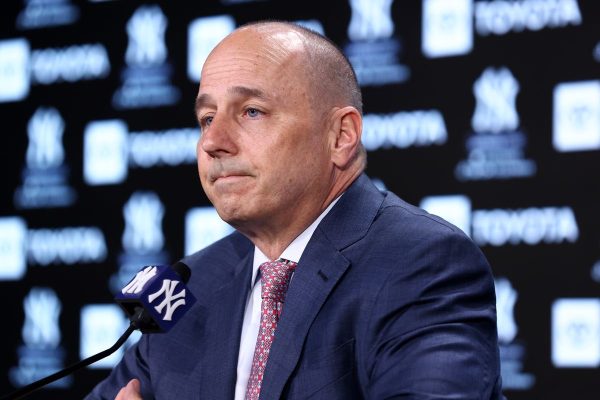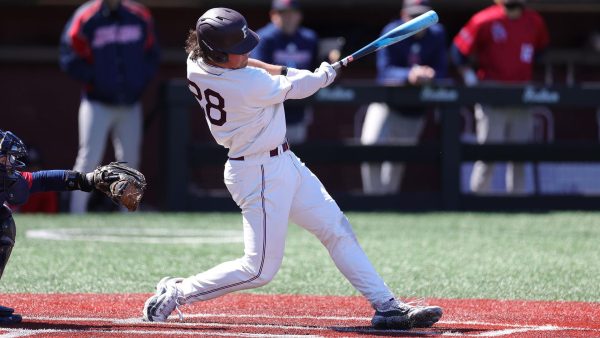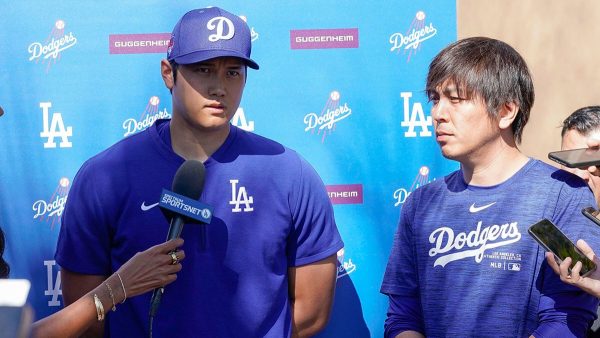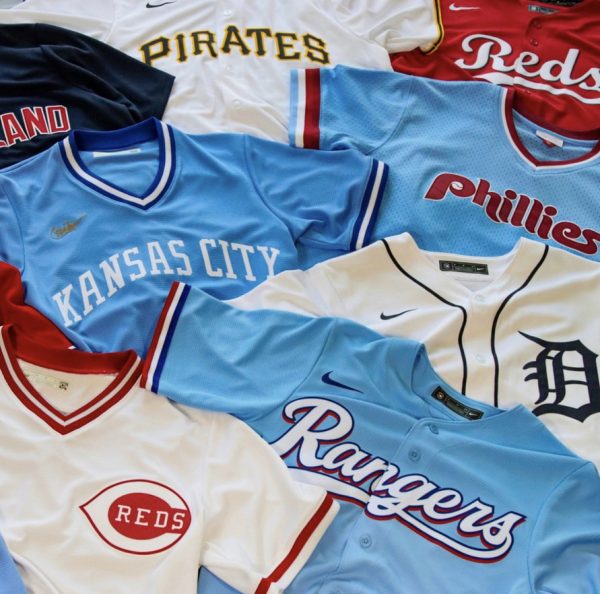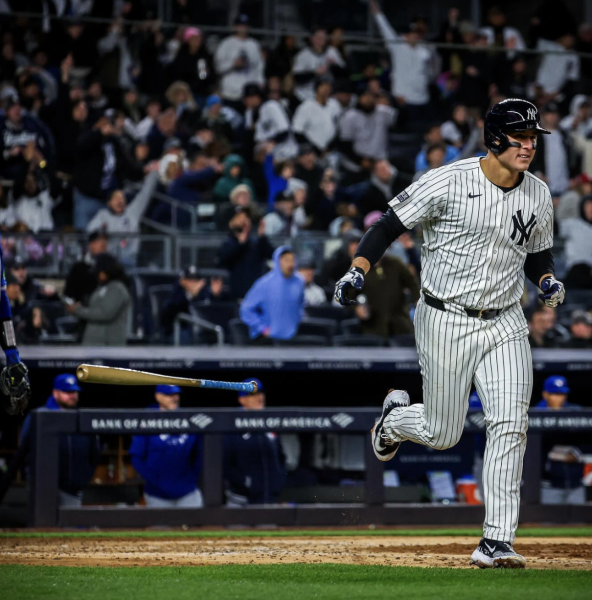MLB Forced to Cancel Games as Lockout Drags On
As the battle between owners and players continues, MLB Commissioner Rob Manfred was forced to cancel the first two regular season series of the upcoming season. After some initial signs of optimism, there does not appear to be an imminent solution to ending the lockout.
The whole dispute of the lockout stems from multiple different issues, with money being the leading factor of them all. The MLB players association, or MLBPA, is negotiating with the league’s owners to improve the league. One issue between the two sides is that the players want to have greater control in preventing the “tanking” process. Other major North American sports leagues have seen drastic changes in the draft process in order to prevent tanking, which is intentionally losing to increase chances of getting a better draft pick. Owners want a better draft pick to potentially get a player that can improve the overall ceiling of their team. The problem with intentional tanking in sports is that it lessens the product of the game on the field. It makes games less competitive and can often lose the interest of the teams’ corresponding cities and fans. The players propose some changes to the draft, asking that the top eight picks be controlled by a lottery system, while the owners are only agreeing to the top five. While it definitely appears that the MLB Draft will be changing in one way or another, only time will reveal the specifics of what the sides settle on.
Another subject of conflict for the negotiating sides is in regards to an expanded playoff. The owners want to have four more teams make the playoffs, increasing it from the current 10to 14. This would allow for more teams to be competitive and fight for a chance to win it all. This would also allow for four teams’ owners to reap the benefits for extra games from the television contracts that bring the owners extra money for showing their games. However, the players are worried this expansion could actually decrease competition. They think that because the teams would have an easier time making the playoffs due to the increased slots, owners would be cheaper in making moves to improve their team, which would essentially take money away from the players who might deserve a contract. They think owners could spend less and overall put less effort into building a winning team and still cash in on the television contract money from making the playoffs.
The next major issue deals with debate over the luxury tax figure, and how larger market teams are gaining an advantage over smaller markets due to the structure. In all of sports, large markets typically have a natural competitive advantage when it comes to attracting players to play for their teams due to the sheer popularity of big cities among people in America. However, this issue can be even more prevalent when large markets have more money to spend than smaller ones, making it easier for them to win at the sport. The contention between the owners and players involves the idea that the players think a higher luxury tax figure would mean more money spent on signing players, and less worry about going over the tax. However, the owners want to keep it lower in order to maintain a balance between bigger and smaller markets, and make it more difficult for some teams to have a competitive advantage. Either way, both sides have settled on increasing the luxury tax figure; the conversation now is just about by how much.
As the MLB lockout persists, the intricacies of the situation become increasingly apparent as a group of some of the richest organization heads in the world debate with some of the highest-paid athletes. The athletes look to progress the league forward for themselves and the generations to follow and make the power balance between players and owners in baseball fairer.

